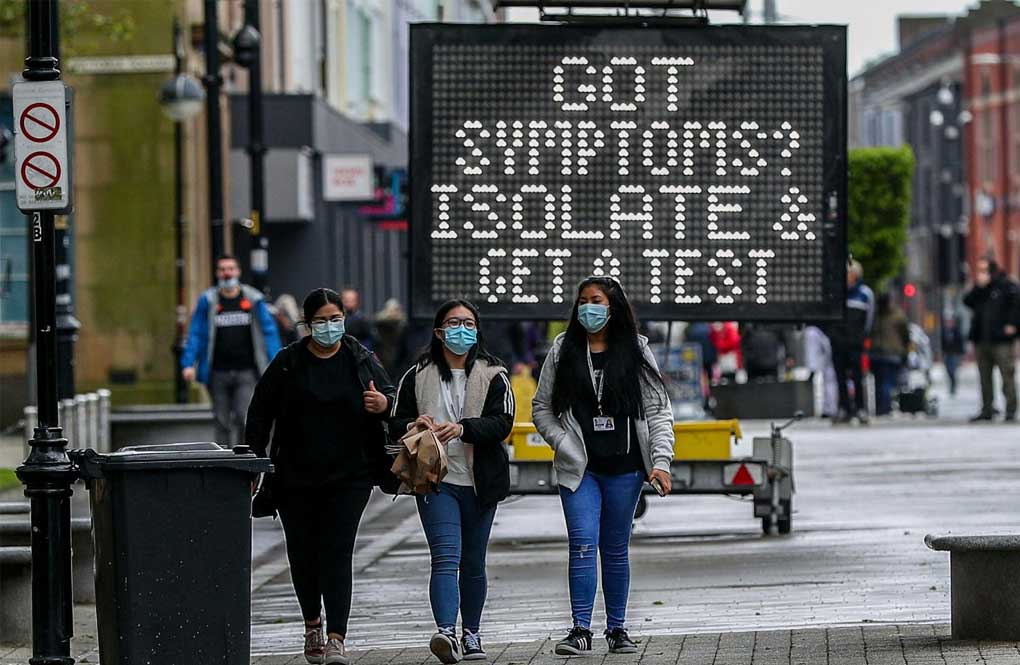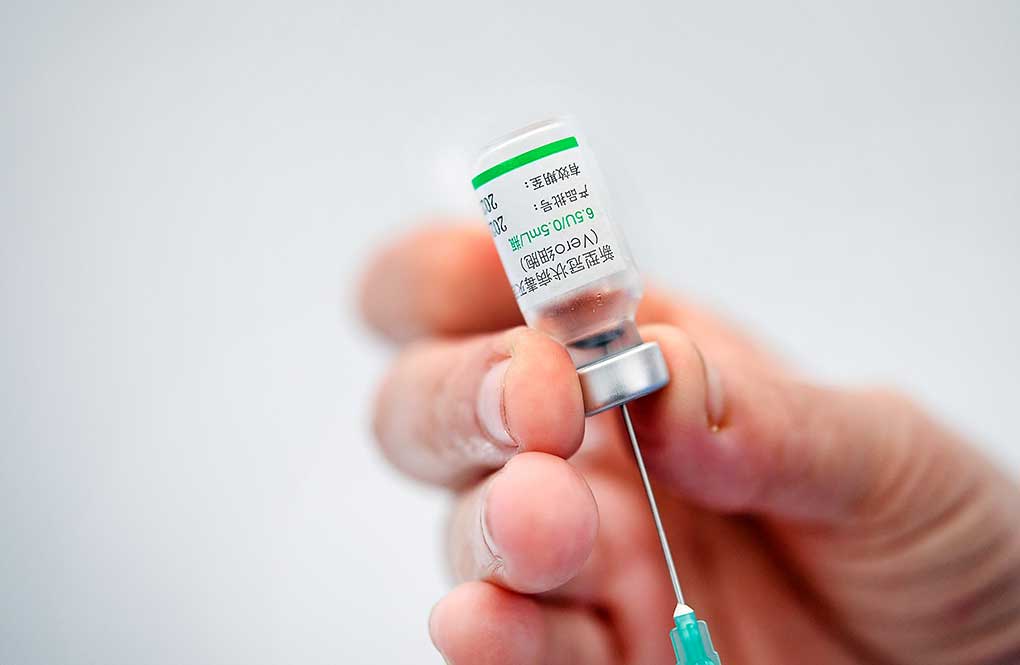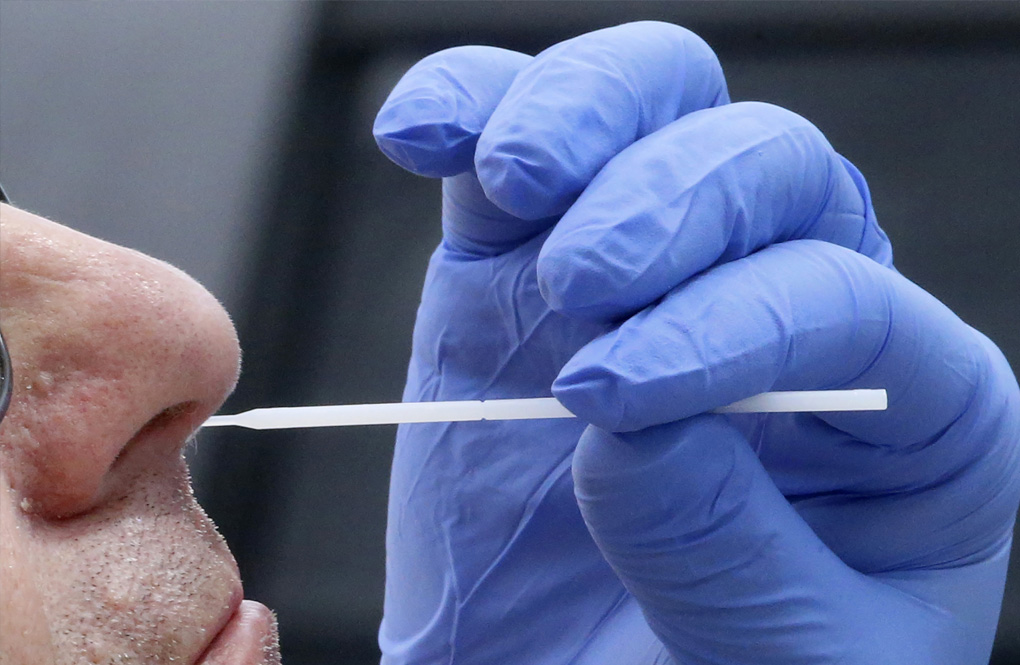South Africa and the United Kingdom have both reported a record high number of new daily COVID-19 infections as experts monitor the spread of the Omicron coronavirus variant.
The National Institute for Communicable Diseases (NICD) in South Africa reported 26,976 new cases in the past 24 hours, surpassing a peak of 26,485 in early July during a third wave driven by the then-dominant Delta strain.
The NICD also reported another 54 COVID-19 related deaths and an additional 620 hospital admissions on Wednesday.
South Africa, the country worst affected by the pandemic on the African continent in terms of confirmed infections and deaths, alerted the world to Omicron in November, triggering alarm that it could cause a global surge in infections.
Omicron has since been detected in more than 70 countries worldwide, with the World Health Organisation labelling it “of concern”.
Scientists suspect that Omicron is more transmissible given its rapid spread though they caution it is too early to draw definitive conclusions about the severity of the disease that it causes.
Some anecdotal accounts by doctors and researchers in South Africa suggest Omicron is mainly causing mild infections locally but that could also be explained by high levels of previous COVID-19 infection in the country.
The UK recorded a further 78,610 COVID-19 infections on Wednesday, about 10,000 more than the previous daily high reported in January.
More than 11 million people have tested positive for the disease since the start of the pandemic in the UK, which has a total population of about 67 million.
With the Omicron variant of the virus surging across the country, Prime Minister Boris Johnson has warned of a “tidal wave” of infections.
Jenny Harries, chief executive of the UK Health Security Agency, earlier called the Omicron variant “probably the most significant threat” since the start of the pandemic.
“The numbers that we see on data over the next few days will be quite staggering compared to the rate of growth that we’ve seen in cases for previous variants,” she told a parliamentary committee.
Harries said that Omicron had the potential to put the National Health Service “in serious peril” because of the speed at which infections were increasing.
The new variant of the virus has a doubling time under two days in most regions in the UK, with its growth rate was being notable in London and Manchester in particular.
(AAP)













